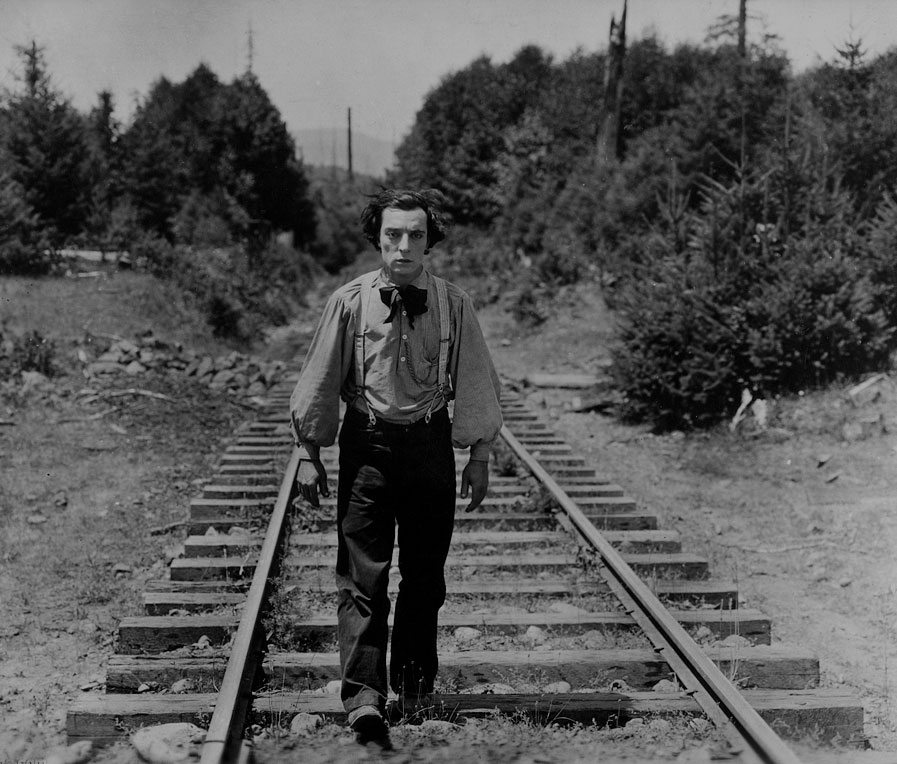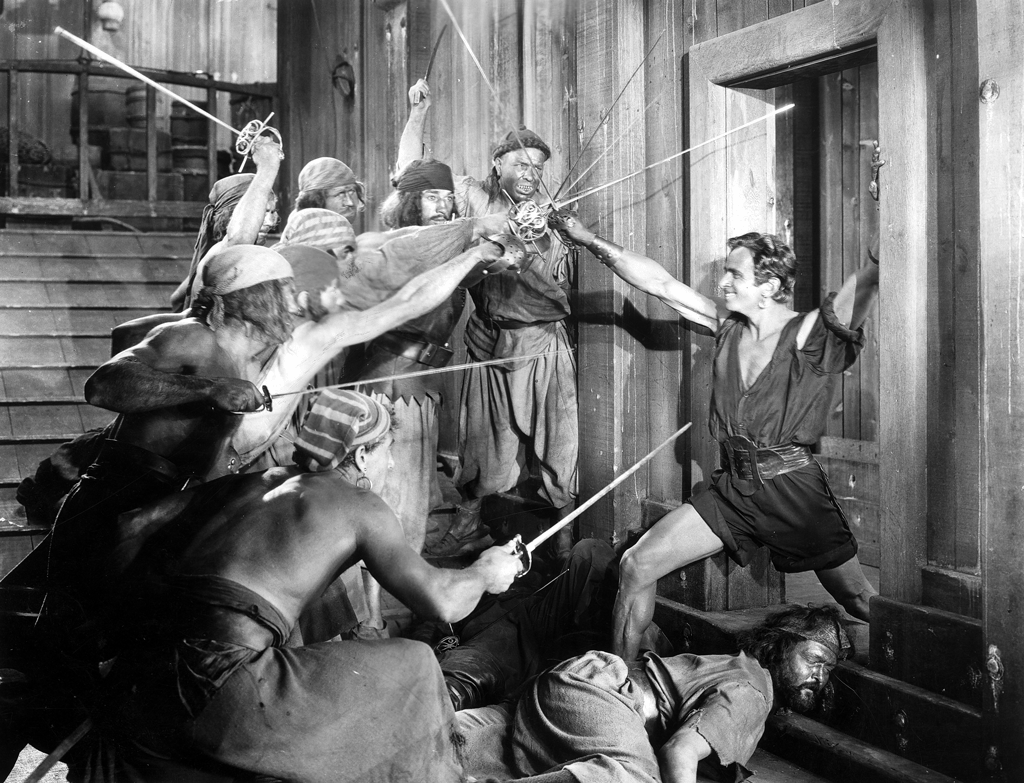SO YOU WANT TO PROGRAMME A SILENT FILM?
If you're a cinema or arts venue that is interested in programming silent film and have never done it before, here's an easy guide to how to go about it.
- Do you have an audience that knows silent film? If not, start with the most accessible films, basically comedies (Keaton, Lloyd, Chaplin, Laurel and Hardy) or films with a significance for your area. Ask your audience what they would like to see, try out some better-known titles or check out the listings on the BFI website. Make the film link to an event or a date, e.g. World War One, centenaries, Valentines Night, Halloween, etc.
- Silent film works much better with live music. You can contact local musicians or one of the well-known silent film accompanists, some of whom have their own keyboards, although a real piano is always a much better option. Links will appear soon on this website. Chaplin has to be played with his music for any of his films after 1916. If you don't want live music there are a number of the major titles that now come with digitally recorded scores.
- How do other people do it? I can highly recommend the website Silent London which has regular news and features about silent shows in the capital, and many of those shows will work well elsewhere. It also mentions new restorations, music ideas and venues.
- Where do I get the films? If you are used to projecting digital you can get most of the classic silents on DVD and Blu-Ray but you STILL HAVE TO CLEAR AND PAY PERFORMANCE RIGHTS. Talk to the BFI's exhibition and bookings department and Park Circus hold rights on most of the best-known silents. If you have film projectors 35mm and 16mm prints are still available but will incur extra delivery costs. If you have DCP most of the most recent restorations are available in that format.
- Can I contact knowledgeable people? Yes indeed, every aspect of silent cinema has its experts, from technical advice to historical and cinematic. Check out film experts at your local college. Have a look at the British Silent Film Festival Facebook page for academics, collectors and tech experts who know about silent film. Also contact your local regional, county or council archives for related material.
- How do I sell silent film? As a SPECIAL EVENT - I can't overstate this enough, sticking on silent film as part of a normal programme and expecting people to turn out is likely to be a costly failure, since people who have never seen silent film are hard to convince that it works. So make a big thing of it - advertise it separately, maybe build a retro evening around it or get a guest to introduce it. Link the title to other films or events you're programming and, above all, make it fun. It takes time to build an audience for silent film but you'll be surprised how quickly you will reach a core crowd who will turn out time and again.
- Children's shows. These are always well received, especially Saturday morning matinees with a musician and some good short films to make a programme of 60-75 minutes. Build some activities round the event, slapstick workshops, best Charlie Chaplin competition, making dioramas, artwork, or games tied in with the theme you've chosen.
- What will it cost? The more popular films will tend to involve a percentage of box office, but all costs are negotiable, including musicians etc - a very rough estimate of £100-200 net to licence films and £250+ net for music is a reasonable guess. Decide in advance on your budget, depending on what you expect to make from the evening, although there is also funding at various levels for special events such as this. Talk to your local BFI hub or regional funding body for film.
- How long are the films? Most are 90-100 minutes but, to maximise your sales potential, it's always worth booking a feature and a short with interval in between to sell drinks etc. An evening of short films can work just as well as a feature, early cinema and late comedy provides fascinating material of any length from 2minutes to 25-30minutes. Some films run to over two hours and if you're keen on long duration there are plenty that run between 3 and 10 hours long!
- Is publicity material available? The rights-holders who own the films should supply or point out where there are stills available and there is a terrific amount of silent stuff on the net. Unique, home-made publicity material not only makes for higher visibility when marketing these films, they also make pretty saleable/collectable posters. It should also be reasonably cost-efficient to make a trailer for the event.





